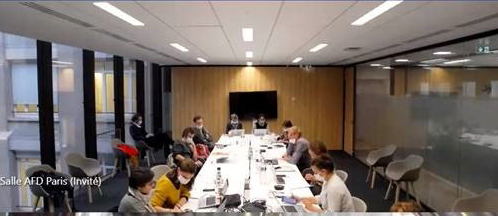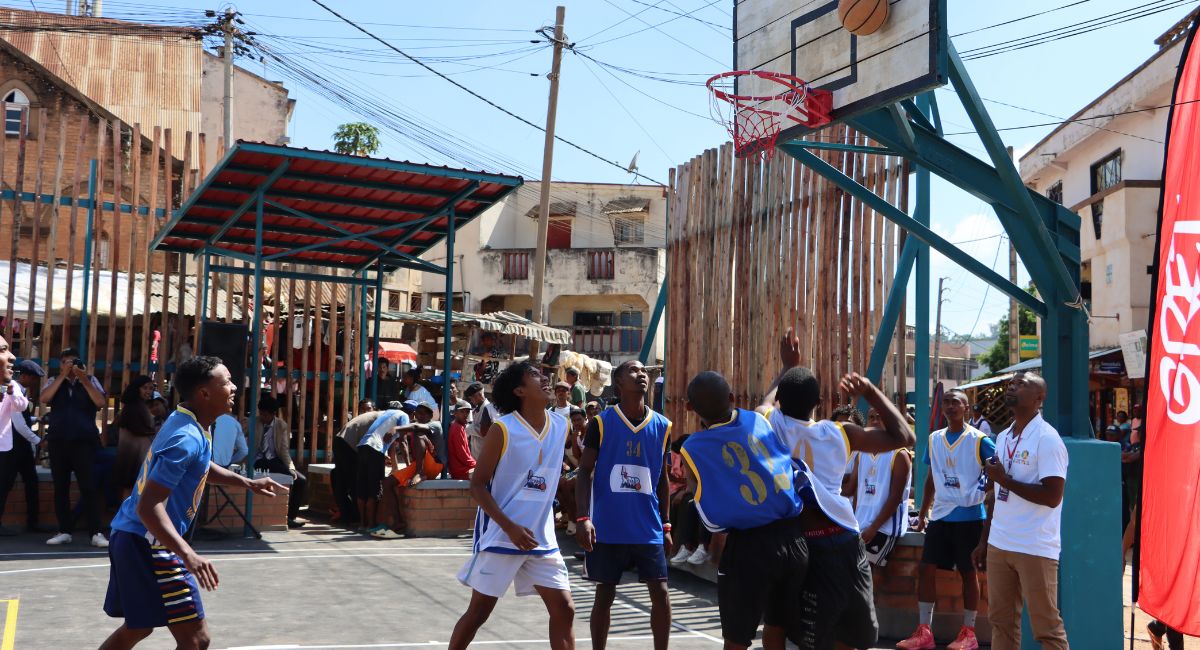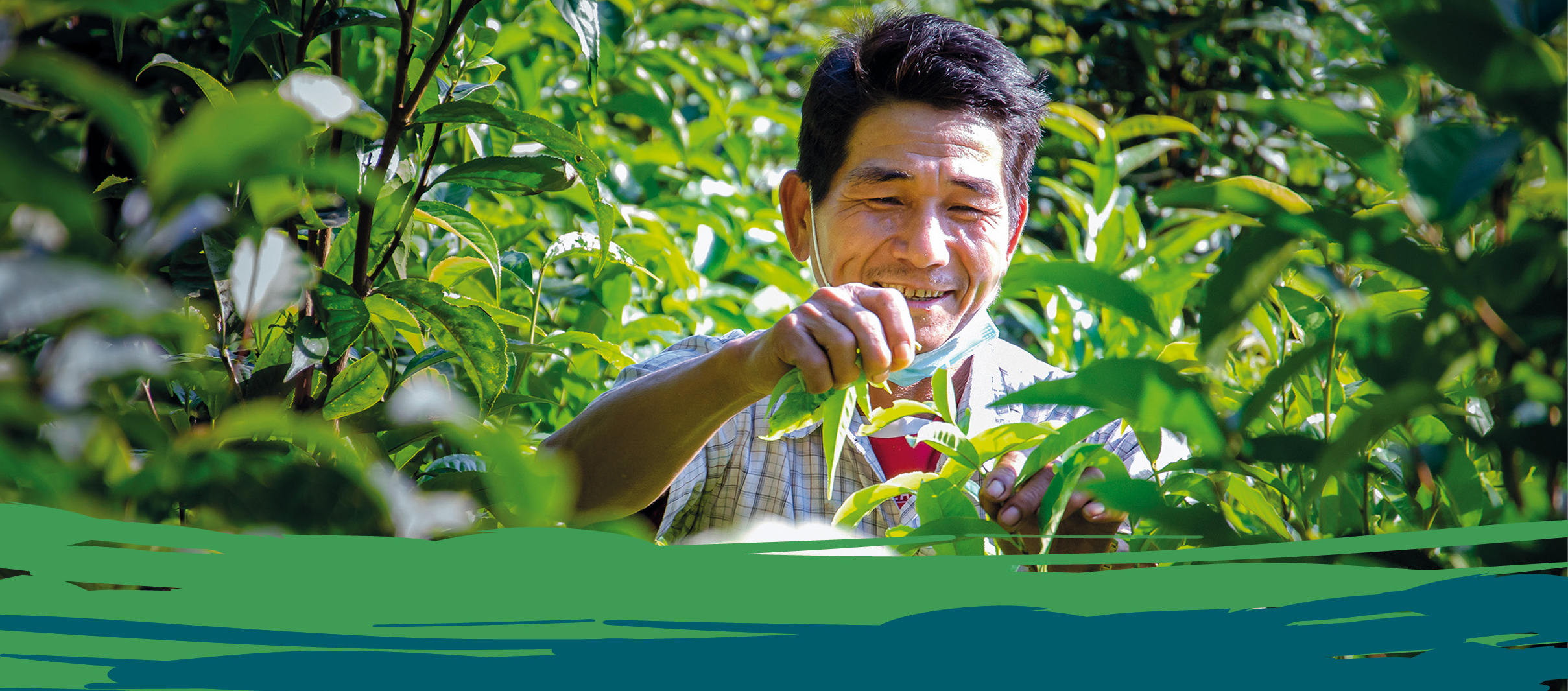Urban incubators are the result of reflection launched by Agence française de développement (AFD) on how to make the urban fabric of cities more participative, inclusive and flexible. Urban incubators are laboratories for civic initiatives, providing support to stakeholders in the city (public authorities, users, civil society organisations, local economy stakeholders, experts, etc.) for the co-design and co-construction of micro-projects focusing on facilities and development of public spaces, working with one or several structural urban projects.
Today there are four Urban incubator projects: in Ouagadougou (Burkina Faso), Abidjan (Côte d’Ivoire), Dakar (Senegal) and several cities in Tunisia. To support and capitalise on these experiences, whose first results are promising, in 2020 AFD decided to initiate a system for consolidated support of Incubator approaches. The system was launched via a video-conference on 6 October last with the Incubator facilitation group. This support system is made up of three components:
- a programme to facilitate the Urban incubator network, led by a group of associations headed by GRET, along with UrbaMonde, UrbaSEN and Cabanon Vertical;
- a funding window to roll out new Incubators, each of which is led by a member of a pre-existing incubator. According to various contexts, these can be groups of associations, public project managers, and or project management;
- a research and evaluation programme led by the French National Research Institute for Sustainable Development (IRD), in order to support evaluation of projects and of the Incubator system, and produce knowledge on participative and transitional urban development in AFD’s countries of operation.
The launch day was divided into two parts. It started with the meeting of the very first Urban incubator steering committee, a forum of governance dedicated to Incubators. The support strategy and action plan for the Facilitation and Research components were presented and discussed with the four existing Incubators in order to orient activities proposed according to their needs and constraints during the system’s four-year implementation period.
The second part of the day brought together a work group more broadly opened to partners interested by the approach. This group focused on “participative and transitional urban development: what contributions can it make to urban fabric?”. More than 70 participants attended this sequence, informing and enriching the Incubator approach with their experiences and external viewpoints. The Incubators and their support system were presented before opening up dialogue during a round table, followed by discussion with the floor. Raphaël Besson, a socio-economist and director of Villes et innovations, Hervé Koné, project manager with the Ouagadougou Urban incubator and Redha Califano, head of the social cohesion department of the Aix-Marseille metropolitan area presented their vision of participative and transitional urban development. Based on their concrete experiences, the speakers discussed the major issues emerging around these new ways of developing, such as:
- links between “traditional” and transitional urban development;
- development of new tools fostering real civic participation, which is necessary for co-construction and progressive co-management of a resilient, open, welcoming and cooperative city;
- the need to think collectively about how to evolve public policies based on these experiences;
- opportunities and limits for replicability of participative and transitional urban development concepts and experiences, which are always rooted in a specific territorial reality.
This sequence covering a wealth of concepts, experiences and questions confirmed participants’ commitment to continue collective reflection on progressive evolution of urban fabric practices, in order to draw lessons from practices in developed and developing countries.






